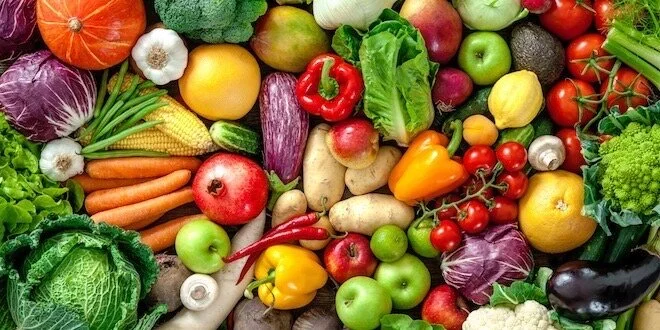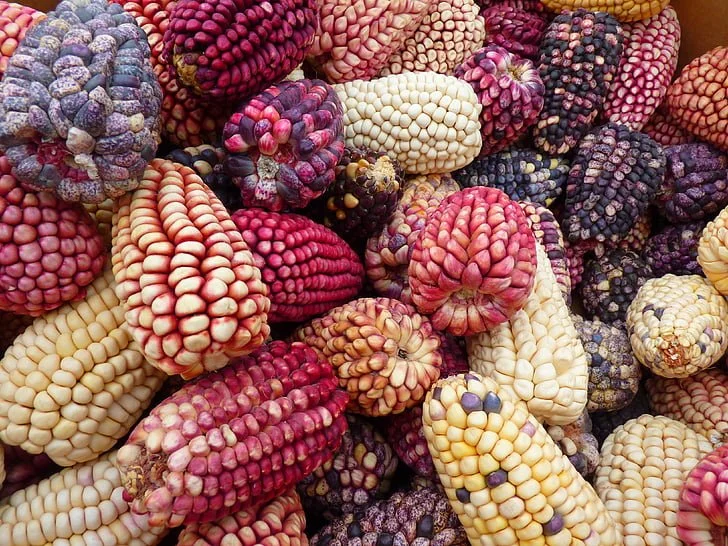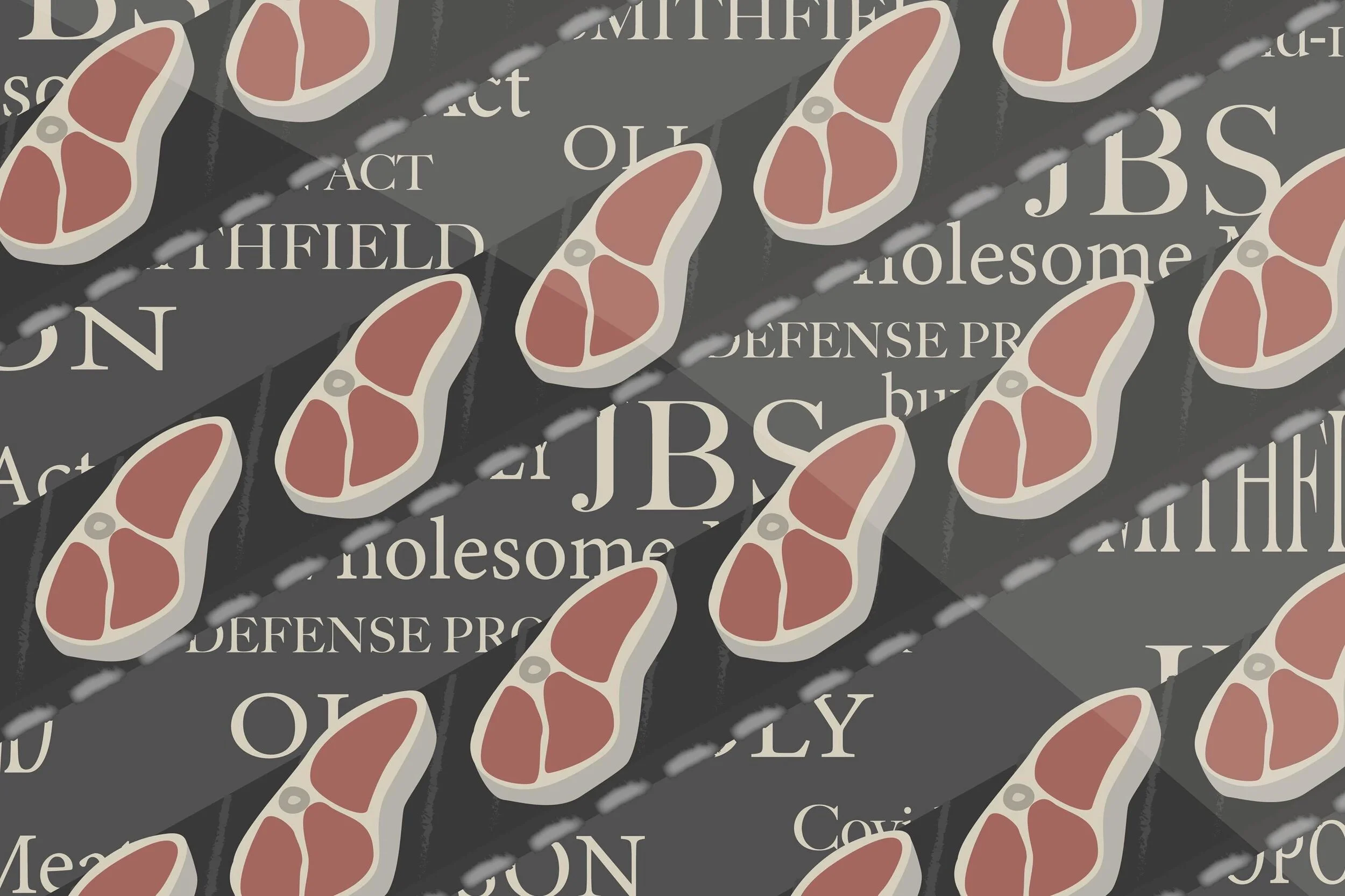Real Food, Real Talk is a column from the members of Real Food at NU (NURF), a student organization focused on creating a more sustainable and ethical food system. On Northwestern’s campus, NURF works with our dining providers to improve food sourcing, as well as implementing composting sites and hosting low-impact cooking lessons. NURF’s members are committed to food justice and sustainability in our communities, and we started this column to spark discussion on recent food and environmental issues.
I’ve discussed the overarching benefits with you all before, but today I wanted to get into the nitty gritty details. How impactful is plant-based eating, actually?
For the next steps of Real Food Real Talk as a column, I am going to be exploring the different plant-based eating options at each of the dining halls. The first dining hall I will be exploring is Allison. I did a full day’s eating at Allison and then reflected on what I had eaten, the quality of the plant-based food, and the variety.
Why is eating plant-based food such a new, novel concept? It’s actually not. Then why do so many people believe that? Today, I'm going to delve into the real history of eating plant-based food and hopefully break misconceptions that vegetarian eating is just something recent generations have normalized.
I’m almost 19, and I’ve been a vegetarian since I was 15. I grew up in the Midwest, in suburban Indianapolis, where eating plant-based wasn’t super common. My goal in this column is to make plant-based diets more accessible. Even the occasional vegan or vegetarian meal can make a big difference.
Votes continue to pour in for the presidential election in the US as Election Day looms closer, just a day away. NURF member Maddie Mullaney discusses the environmental policy of each candidate in this piece.
“As the coronavirus pandemic has caused disruption to the supply chain, farms and stores across the country have been forced to dump and destroy extra food and euthanize animals at the same time a global hunger crisis looms.” Hannah Paridis has the story on Real Food, Real Talk.
This week in Real Food, Real Talk, contributor Hannah Paridis researched how environmental injustice is a significant factor in America’s disproportionate COVID-19 death rates in racial minorities.
Check out this first piece in Northwestern University Real Food’s column, Real Food, Real Talk, about the meat industry in the United States and its history, and how it plays into the current meat shortage.









